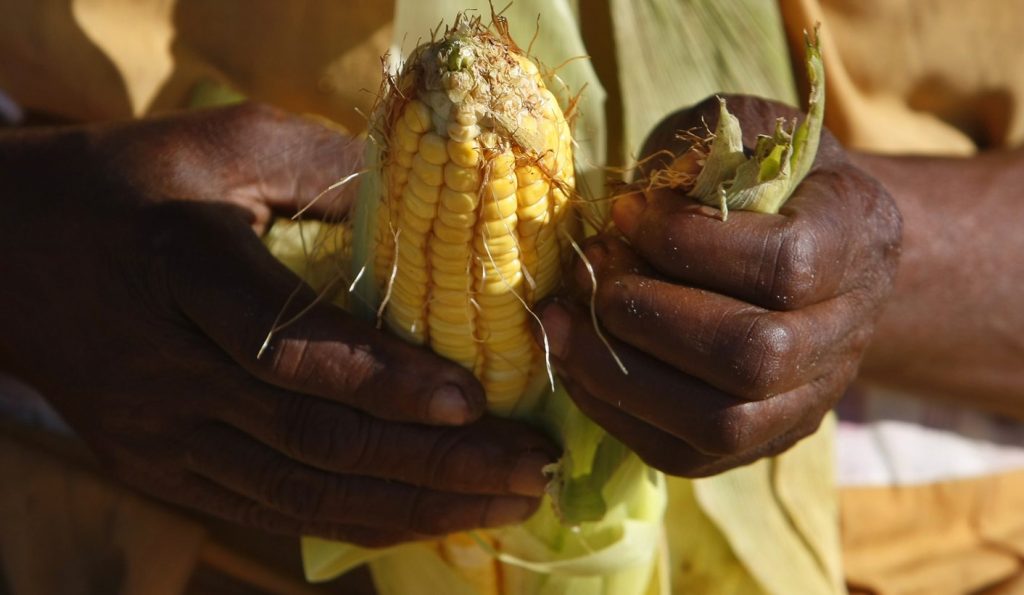Food and energy concerns

The outgoing World Bank president is also concerned that higher food, fertiliser and energy prices, as a result of the war in Ukraine, are sapping government budgets in poorer countries. While that could deepen the economic challenges they face there is relief that price rises are now starting to ease.
“The immediate crisis is over but one thing that’s been left is that countries didn’t use enough fertiliser, so their soil is depleted. So the yields are expected to be lower next year than normal.”
“So a farmer that was just making ends meet, she didn’t get fertiliser, and now her land is not as productive. And so where’s the food going to come from for the family and for the community? That’s the big immediate problem. What we’re trying to do is help countries directly with fertiliser [and] with food.”
The World Bank is concerned that these challenges will worsen a first-ever increase in the global extreme poverty rate – people getting by on less than $1.90 per day. As a result of the coronavirus pandemic it rose from 8.4% to 9.3%.
The planet’s leading development body hopes that its upcoming showpiece joint Spring Meetings with the IMF in Washington will help it raise more money to tackle its key mission.
“The ambition is there,” says Mr Malpass, “but the needs are much bigger than the amount of flows” of money coming in.
By BBC



